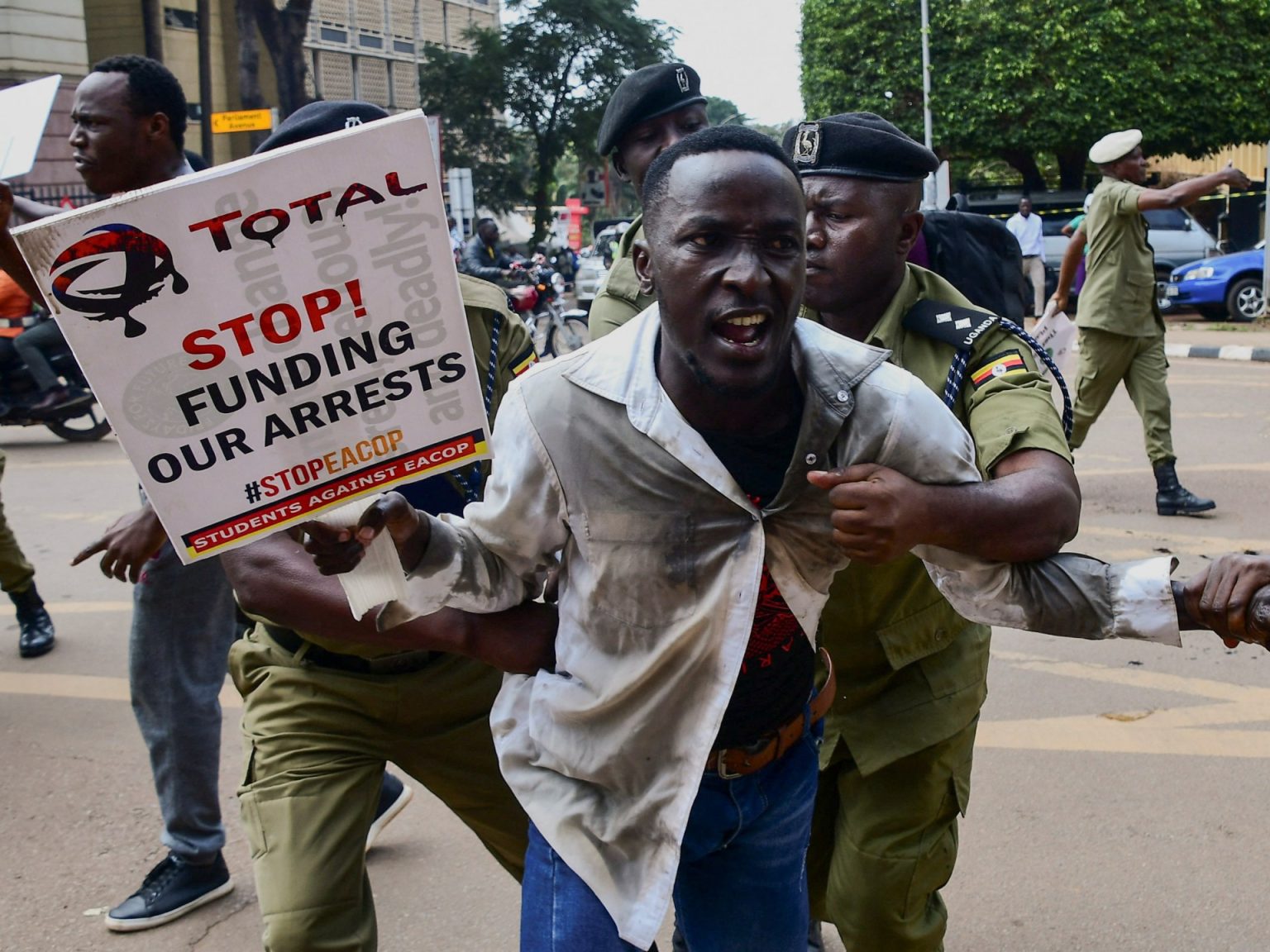Last year was a record-breaking year for global temperatures, with extreme weather events occurring around the world. In response to the growing climate crisis, countries reached a historic agreement at the UN Climate Conference (COP28) to start transitioning away from fossil fuels. This means that new expansion of coal, oil, and gas production must be halted, including projects like the East African Crude Oil Pipeline (EACOP), which is currently in development.
The EACOP is a massive fossil fuel project that, if completed, will span 1,443km from oil fields in western Uganda to the port of Tanga in eastern Tanzania. Not only would this project significantly increase greenhouse gas emissions, contributing to climate change, but it would also have detrimental effects on local communities. Human Rights Watch is calling on insurance companies to stop providing support for the EACOP due to these concerns.
The pipeline is planned to pass through some of Africa’s most sensitive ecosystems, posing risks of pollution and environmental damage. Research conducted by Human Rights Watch found that the initial land acquisition process for the project has already had devastating effects on local communities in Uganda, leading to food insecurity and household debt. Farmers were not adequately compensated for their land, resulting in worsened living conditions and economic instability.
Civil society groups in Uganda and Tanzania have voiced opposition to the EACOP, highlighting the climate, environmental, and social risks associated with the project. They argue that instead of supporting fossil fuel projects like the pipeline, governments should focus on developing renewable energy sources to drive economic growth and mitigate the impact of climate change. However, these demands have been met with resistance and harassment from authorities in Uganda.
Despite concerns raised by environmental activists and civil society groups, insurance companies have continued to provide financial support for the EACOP project. Human Rights Watch has engaged with insurance companies to share the significant risks associated with the pipeline, but only a few companies have responded and none have agreed to reassess their involvement. Activists have organized global actions to pressure insurance companies to divest from fossil fuel projects.
Supporting projects like the EACOP contradicts the global efforts to limit global warming and mitigate the effects of climate change. Insurance companies have a crucial role to play in transitioning to a sustainable future by refusing to underwrite fossil fuel projects. It is essential for insurers to prioritize the well-being of communities and the environment over short-term profits and take a stand against projects that contribute to the climate crisis.













